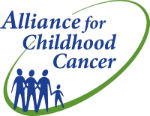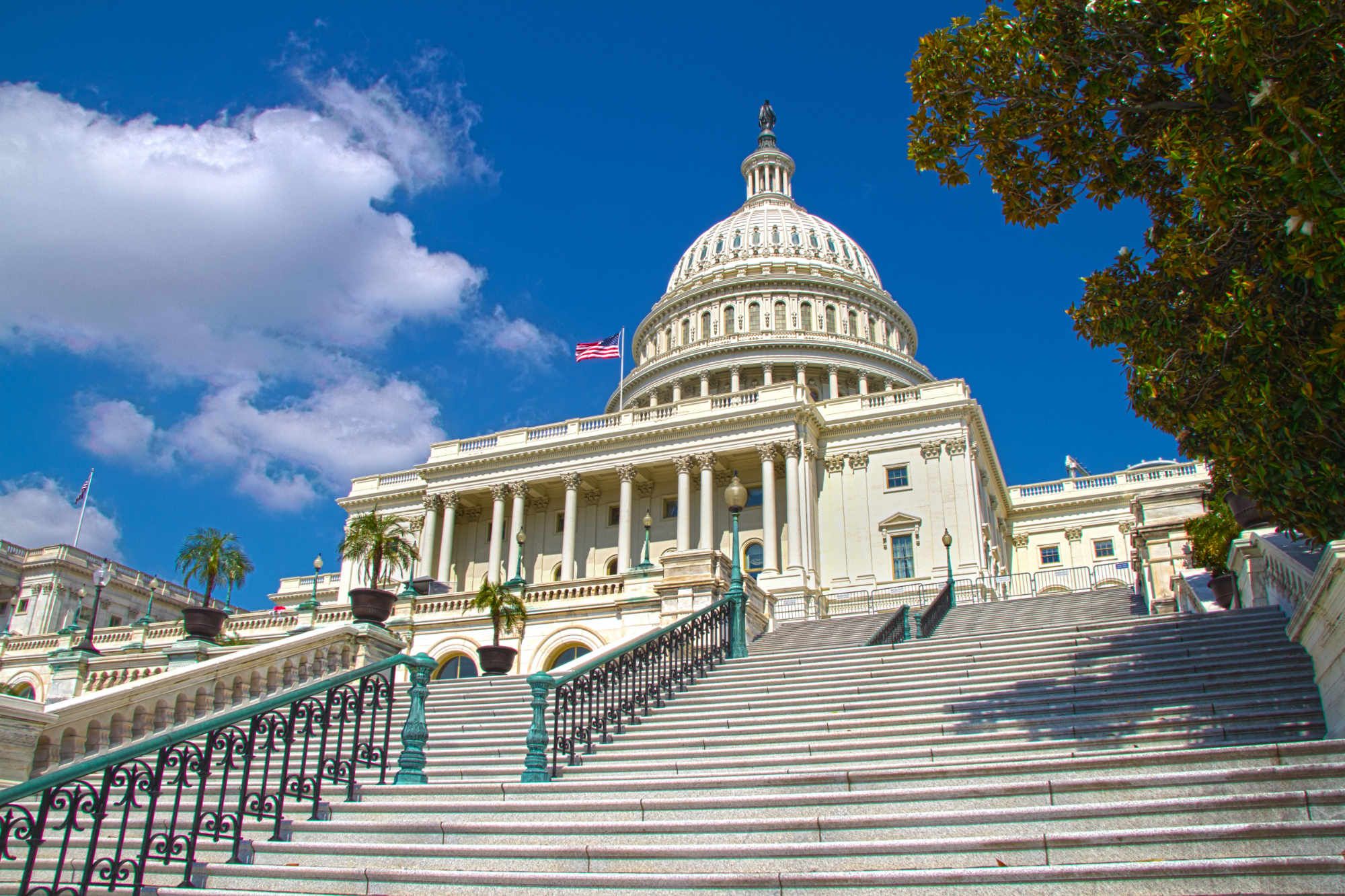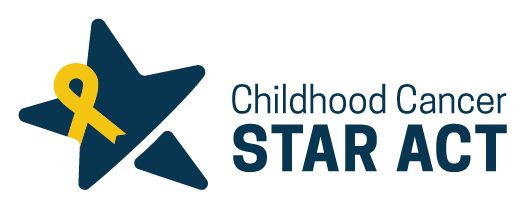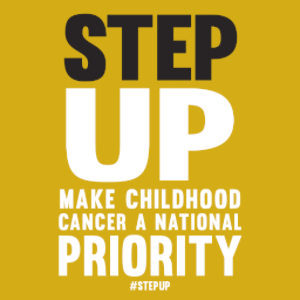May 18, 2015
The Honorable Fred Upton, Chairman
Energy and Commerce Committee
U.S. House of Representatives
Washington, DC 20515
The Honorable Diana DeGette
U.S. House of Representatives
Washington, DC 20515
Dear Chairman Upton and Representative DeGette:
On behalf of the Alliance for Childhood Cancer, thank you for your efforts to improve the research and drug development pipeline. We are pleased to offer comments on the Energy and Commerce Committee’s draft 21st Century Cures legislation.
The Alliance, established in 2001, represents more than thirty national patient advocacy groups and societies of health care professionals, who have come together to advocate on behalf of the youngest cancer patients and survivors. We are encouraged by your proposals and look forward to working with you on how the details of the 21st Century Cures legislation will affect research and care for children with cancer.
Parents of children with cancer, and those who have survived cancer early in their lives, have a lasting commitment to participation in research studies. The dramatic survival rates children and adolescents have experienced over the past 30 years are due directly to a strong, federally supported system of basic, translational and clinical cooperative group research. Unfortunately, some childhood cancers have not experienced similar increases in survival rates. Indeed, childhood cancer remains the leading cause of death by disease in children under 14 years of age. Recent findings on the genomics of childhood cancers are creating major investment opportunities in drug discovery and development research and hold great promise for saving the lives of children with cancer.
For these reasons, we are grateful for the inclusion of the National Institutes of Health (NIH) Innovation Fund in the bill. The National Cancer Institute (NCI) is in the process of launching a precision medicine trial (“MATCH Trial”) for children with cancer, and the Innovation Fund could ensure that there are adequate resources for this trial and other potentially groundbreaking studies.
It is important to note that the vast majority of childhood cancer research in the U.S. is supported by NCI. About 90 percent of childhood cancer patients are treated at institutions affiliated with the Children’s Oncology Group, which is a National Clinical Trials Network group funded by NCI. The majority of these children are enrolled in clinical trials. In order for the proposed NIH Innovation Fund to help support pediatric oncology research, it is important that the Appropriations Committee retain authority to appropriate the Fund to Institutes and Centers and not allow it to reside in the NIH Common Fund. Additionally, we ask that appropriators direct funds to critical ongoing research as well as to novel precision medicine projects.
The overriding priority of the childhood cancer community is a program of robust and stable funding for the NIH, NCI and Food and Drug Administration (FDA) to guarantee high quality pediatric oncology research and evaluate new treatments. The hope and expectation of families is that children will be treated successfully with innovative therapies, derived from current scientific insights that can avoid the harmful long term health problems survivors currently experience. Accordingly, we ask that the 21st Century Cures bill include a provision to increase resources to the FDA so that the approval of new medicines to treat children with cancer can successfully keep pace with rapid research advances.
Central Role for Parent and Survivor Input
We are pleased to see that the draft legislation emphasizes active participation by patients in biomedical research and drug development. Parents of children with cancer currently have roles in research planning and drug review at NCI and FDA. Since parents must give permission for their children to participate in clinical research, it is critical that families’ perspectives on research and drug development be incorporated at every step of the process. Families’ and survivors’ values and experiences are critical to the risk benefit calculus necessary for researchers’ and regulators’ decisions about which drugs, which trial designs and which procedures can pose maximum benefit to children with minimal risk.
Research and Drug Development Challenges
Children with cancer need novel therapeutic options now to save and ensure healthy productive lives. In recent years, only two new agents were approved to treat pediatric malignancies, whereas FDA approved 109 new drugs to treat adult disease during the same period. A regulatory program in FDA that efficiently and safely accelerates the development of innovative therapies is critical to improving this record.
A requirement of the Food and Drug Safety and Innovation Act (FDASIA) of 2012 called for meetings of stakeholders to gather input and report on key issues. Recently, FDA held such a meeting on the impact of the Best Pharmaceuticals for Children Act (BPCA) and the Pediatric Research Equity Act (PREA). Meeting speakers repeatedly emphasized that PREA is not a mechanism for encouraging new drug development to treat childhood cancers. Orphan drug designations are exempt from PREA, thereby excluding its application to childhood cancers. PREA implementation also depends on a drug’s having the same indication/affects the same disease in adults and in children. It is now well established that childhood cancers are biologically distinct from adult cancers, making this PREA requirement effectively obsolete for pediatric cancer.
FDA is mandated to provide a thorough report outlining the impact of BPCA and PREA on pediatric research in 2016. We urge the FDA carefully to consider changes to PREA to modify the exclusion for drugs designated for orphan diseases. Further, we urge that the FDA consider recommending that the biological similarities between and adult and pediatric cancers be the basis for triggering PREA rather than a drug’s indication, where the pediatric and adult disease needs to be the same.
We also note potential provisions proposing exclusivity incentives for pharmaceutical companies. The Alliance for Childhood Cancer has a history of supporting a six-month exclusivity incentive for companies that agree to conduct pediatric studies of their drugs and biologic agents. We took this position because we believed it would increase the chances that companies would study their anti-cancer agents in children. However, exclusivity incentives yield revenue at the very end of the patent life of a drug and are not available until many years into the future. We urge further analysis to ensure that any new incentives actually stimulate companies to conduct innovative research for much needed new therapies for childhood cancer.
Expanded Access Transparency
The 21st Century Cures draft bill contains a provision that establishes procedures for companies to make their expanded access policies and procedures clearer and more detailed. Clarity about the expanded access process hopefully will lighten the burden families often experience when they try to obtain individual access to an unapproved therapy for their children with life threatening illness, when clinical trial participation is not an option. The Government Accountability Office (GAO) study called for in the legislative proposal would provide qualitative analysis of barriers to patient access to investigational drugs and provide valuable information about the potential benefits and harms to patients. The Alliance maintains a strong commitment to children’s participation in clinical trials as the best option for their care, yet desperate families deserve easier access to information from companies about their expanded access programs. We were also pleased to see that FDA recently issued a draft guidance that vastly simplifies the process of applying for a single patient IND (individual new drug application)
Preserve and Expand Pediatric Oncology Clinical Trials Networks
As childhood cancers are understood to consist of an increasing number of different subtypes, the numbers of children available to participate in clinical trials for each specific type of cancer effectively diminishes. However, research studies require sufficient numbers of participants to yield valid and reliable results. The Alliance for Childhood Cancer enthusiastically supports the Committee’s proposal to urge Congress to support a Global Pediatric Cancer Trials Network. The Children’s Oncology Group already has international members, but pediatric oncologists agree that a concordant international pediatric cancer research network, which includes the European Union centers and those in other countries, is essential for rapidly advancing childhood cancer treatments in the modern era.
Clinical Trial (Surrogate) Endpoints Qualification
Surrogate endpoints are vital to oncologists’ understanding of how new drugs affect disease. They are critical to the early approval of new agents and enable patients to have access to promising therapies prior to large phase 3 trials. As genomic discoveries reveal multiple tumor subtypes within what were once considered a single cancer type, drug approvals require sharper tools to assess efficacy than large phase 3 trials. For childhood cancer research, surrogate endpoints are increasingly important as the numbers of patients appropriate for any given clinical trial of a new targeted agent decreases with greater cancer subdivisions.
We support the Office of Hematology and Oncology Products’ (OHOP) demonstrated flexibility in the use of surrogate endpoints in individual drug approvals and, further, support continued development of a streamlined process for qualifying surrogate endpoints. It is important to continue guidance on the qualification of surrogate endpoints without constraining researchers’ and FDA’s flexible use of those surrogate endpoints that have not been previously formally qualified.
The Alliance for Childhood Cancer is grateful to the Committee for its extensive outreach and analysis and looks forward to continuing discussion that will bring families’, patients’ and survivors’ perspectives and insights to the final 21st Century Cures legislation. The promise of scientific advances that can bring cures to children with cancer is greater than it has ever been.
Please contact Danielle Leach, Co-Chair, via email at leach@alliance4childhoodcancer.org or phone at 571-388-7113, or Dr. Amy Billet, Co-Chair, amy_billett@dfci.harvard.edu or via phone at 617-632- 5640 with any questions about our comments.
Sincerely yours,
Member Organizations
American Academy of Pediatrics
American Cancer Society Cancer Action Network American Childhood Cancer Organization
American Society of Clinical Oncology
American Society of Pediatric Hematology/Oncology Association of Pediatric Hematology-Oncology Nurses B+ Foundation
Children’s Brain Tumor Foundation
Children’s Cause for Cancer Advocacy
Children’s Oncology Group
CureSearch for Children’s Cancer
National Children’s Cancer Society
Pediatric Brain Tumor Foundation
Sarcoma Foundation of America
St. Baldrick’s Foundation
Partner Organizations
Mattie Miracle Cancer Foundation
National Brain Tumor Society
National Coalition for Cancer Survivorship
Rally Foundation
Society of Pediatric Psychology



